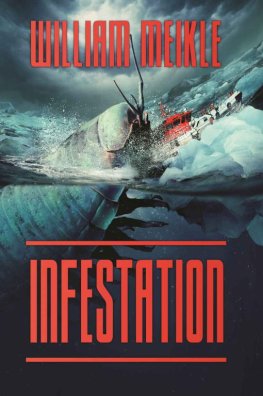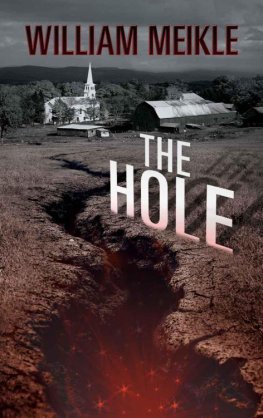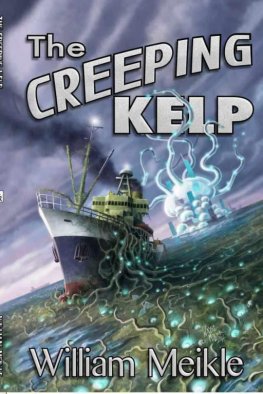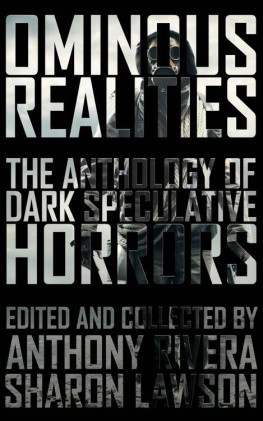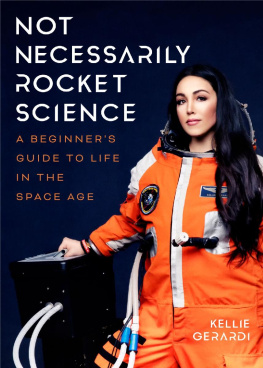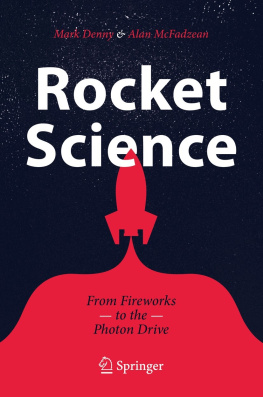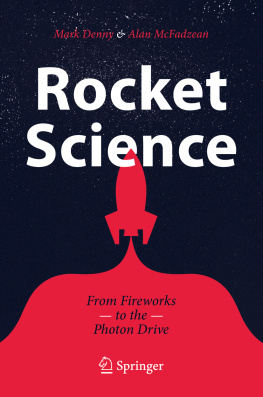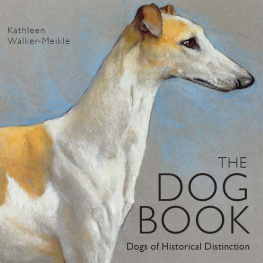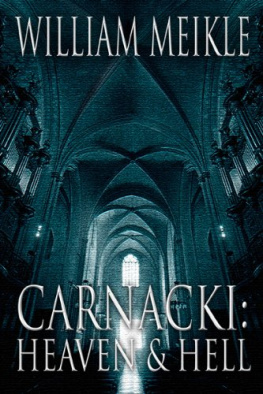Nathan Meikle - Little Miss: a father, his daughter & rocket science
Here you can read online Nathan Meikle - Little Miss: a father, his daughter & rocket science full text of the book (entire story) in english for free. Download pdf and epub, get meaning, cover and reviews about this ebook. year: 2014, genre: Children. Description of the work, (preface) as well as reviews are available. Best literature library LitArk.com created for fans of good reading and offers a wide selection of genres:
Romance novel
Science fiction
Adventure
Detective
Science
History
Home and family
Prose
Art
Politics
Computer
Non-fiction
Religion
Business
Children
Humor
Choose a favorite category and find really read worthwhile books. Enjoy immersion in the world of imagination, feel the emotions of the characters or learn something new for yourself, make an fascinating discovery.

- Book:Little Miss: a father, his daughter & rocket science
- Author:
- Genre:
- Year:2014
- Rating:4 / 5
- Favourites:Add to favourites
- Your mark:
- 80
- 1
- 2
- 3
- 4
- 5
Little Miss: a father, his daughter & rocket science: summary, description and annotation
We offer to read an annotation, description, summary or preface (depends on what the author of the book "Little Miss: a father, his daughter & rocket science" wrote himself). If you haven't found the necessary information about the book — write in the comments, we will try to find it.
Little Miss: a father, his daughter & rocket science — read online for free the complete book (whole text) full work
Below is the text of the book, divided by pages. System saving the place of the last page read, allows you to conveniently read the book "Little Miss: a father, his daughter & rocket science" online for free, without having to search again every time where you left off. Put a bookmark, and you can go to the page where you finished reading at any time.
Font size:
Interval:
Bookmark:
Little Miss

Little Miss
a father, his daughter & rocket science
Nathan Meikle
About the Cover
One day, while Kyla and I were reading a favorite book, we took a picture. The next day, while reading a different favorite book, we took another picture. Those pictures, along with hundreds of others, eventually became the cover of Little Miss .
Praise for Nathan Meikles
Little Miss
" Little Miss is a wonderful book that could change your lifeand the lives of your children and grandchildren. It is the touching, provocative story of a father struggling to give his daughter one of lifes greatest gifts: a love of learning. And yet Little Miss is so much more. Its a story about sacrifice, achievement, guilt, happiness, grief and lovein other words, its a story about life. First-time father and author, Nathan Meikle, is poised to inspire countless parents to read more to their children, and in the process, alter the destinies of families for generations to come. After reading this book, I want to help this cause. Children who love learning become parents who love learning, and parents who love learning pass that on to their children. Little Miss has implications for policy makers, educators, community members, parents, grandparents and anyone else with an interest in children. In sum, this book is for all of us. I wish Little Miss had been written 27 years ago when I first became a parent. But even though I couldnt benefit from it then, I hope my children will benefit from it nowIm giving each of them a copy. And I'm betting you will want to share Little Miss with others as well.
Stephen M. R. Covey , father of five
and author of The Speed of Trust
Contents
I ts 7:00 a.m. and Im asleep. Crack! The bedroom door flies open, slamming the wall. As I try to gain consciousness, I hear footsteps running toward the bed. My eyes fire open just in time to see Kyla jump on the bed next to me.
Dad, can we get a Bill Nye about private parts? I want to know why I have nipples.
Little Miss
Once you learn to read, you will be forever free. Frederick Douglass
Day 150
Introduction
M y daughter Kyla sits in her high chair at the dinner tablestraps around her legs, tray on her lap. She doesnt realize shes a captive. All of her attention is on the kindergarten reading program shes about to finish.
Nowwecanplaysaystictoc. She reads each word slowly while bobbing her head in rhythm.
Last page! I say. Kyla kicks her feet back and forth in excitement. Our experiment is working. At least in the short run.
Kyla is two years old.
Toget, she says slowly, sounding out each letter, getaplplp She is struggling with the word pal, and suddenly points to it and says confidently, Thats one you just have to memorize. My wife, Keshia, laughs, and I smile at Kylas commentits the same phrase we repeat to Kyla each time she comes across a new sight word. I quickly correct her though, No, this word you can actually sound out.
Kyla continues, this time without hesitation, p..a..l. Pal!
To get a pal, I repeat.
Youneedtobeapal.
KYLAAAAAAAAAAA! I shout, as Kyla covers her mouth in excitement. DOUBLE FIVE! YOU DID THE WHOLE PROGRAM!
Kyla raises her hands and hits mine. I hug and kiss her while Keshia shouts, KYLA, KYLA, KYLAAAAA!
And now where are we going? I ask. Where do you get to go now?
Kyla thinks for a moment and then shouts, CIRCUS! while jolting her body and hands upward toward me.
CIRCUS! I repeat in excitement.
I unstrap her, and she walks to the progress chart hanging on the wall. She moves the marker to the I DID IT spot. I never expected the progress chart to be so powerful.
When we started this experiment five months earlier, Keshia and I had no indication that Kyla was anything but average. Even now, our opinion remains unchangedwere convinced that other children will achieve similar results by using the same techniques. Whether the benefits of the techniques outweigh the costs is the more difficult question.
I hug Kyla one more time and say, Now what do we get to do?
She thinks for a moment. Read the new ones!
The first-grade reading program is on the couch.
*Click here to see a video clip of this scene.
There are many little ways to enlarge your child's world. Love of books is the best of all. Jacqueline Kennedy
Day 0
Earlier Is Better, Except When It Isnt
S o you dont really want to teach Kyla this reading program, I say to Keshia. My less-than-subtle jab connects.
I didnt say that, Keshia corrects me. I said, Ill try to do it. Keshias feeling the tension but doing her best to act like she isnt. Anything to avoid confrontation. Her temperament is rarely inconsistent with her petiteness.
Yeah, but we both know theres a big difference between trying and doing, I respond. Ive been trying to lose ten pounds for a year, I say with a faint smile, hoping Keshia recognizes my small concession. I dont mean for this discussion to become heated; Im a little surprised at my own ambition. Up until an hour ago, when my sister gifted us the reading program, I had never even considered teaching Kyla to read. Now Im getting upset at Keshia for being too passive?
I continue, I just dont understand your hesitation. Whats the downside?
And I dont understand your zealousness. Kylas two! She wont even start kindergarten for three more years. Well, not anything to avoid confrontation.
Look, I know shes youngmaybe too young. But if this program works, if we can teach her to read at age two, why wait? The earlier the better.
You dont know that earlier is better, Nate.
Earlier helped all of those hockey players in Outliers, I respond.
Maybe accumulative advantage, the effect described in Malcolm Gladwells Outliers is driving my newfound ambition. Seventy percent of elite Canadian hockey players have birthdays in the first half of the year. As children, the players with birthdays between January and June were bigger and stronger than those with birthdays later in the year. And because the older children were bigger and stronger, they were selected to more travel teams and played more hockey, creating a virtuous cycle. A small advantage early in life can lead to a large advantage lateran accumulative advantage .
Yeah, but Nate, Keshia responds, I dont care if our kids are average.
Touch. Several weeks ago we listened to comedian Steve Carell talk about his children: Everyone elses kids are the cutest, smartest, nicest, fastest, or biggest. My kids are just average. I still love em, but theres not a single thing special about them. Wed never admired Steve Carell more.
Look, Ill love Kyla whether shes the first one picked or the last. But I dont think this is about my ego.
Well whats the downside in waitingletting her learn to read when shes ready? You didnt learn to read when you were two, and you turned out fine.
Yeah, but you know I hate that argument. I dont want her to turn out fine, and I dont want to be just a fine dad. I want her to be the best she can be. Just because Im fine doesnt mean I couldnt be better.
Yeah, but it doesnt mean you couldnt be worse.
Oddly enough, I had always done worse in school than Keshia, and now I was the one pushing education. Keshia was the high school valedictorianthe one who stayed up late doing AP calculus. I was the ignorant jockwriting my state-required senior essay on Why fat chicks shouldnt wear tight clothes. But maybe thats why I was suddenly so intent on pushing education. I didnt want Kyla to be like me. Certainly not the high school me.
Look, Keshia, Im talking about doing the programlovinglyfor just a few minutes per day. Persistently, but not forcefully.
Next pageFont size:
Interval:
Bookmark:
Similar books «Little Miss: a father, his daughter & rocket science»
Look at similar books to Little Miss: a father, his daughter & rocket science. We have selected literature similar in name and meaning in the hope of providing readers with more options to find new, interesting, not yet read works.
Discussion, reviews of the book Little Miss: a father, his daughter & rocket science and just readers' own opinions. Leave your comments, write what you think about the work, its meaning or the main characters. Specify what exactly you liked and what you didn't like, and why you think so.

